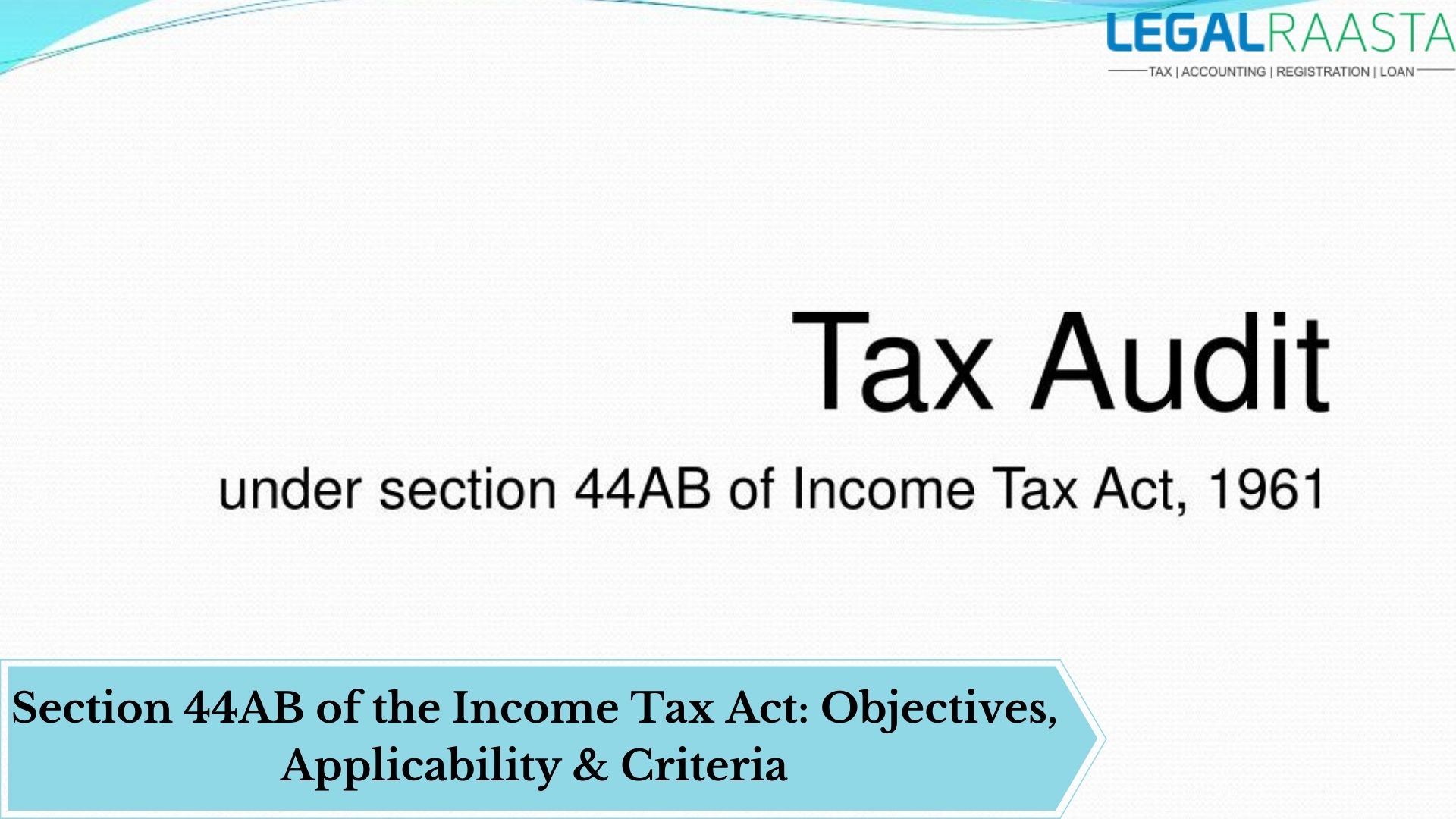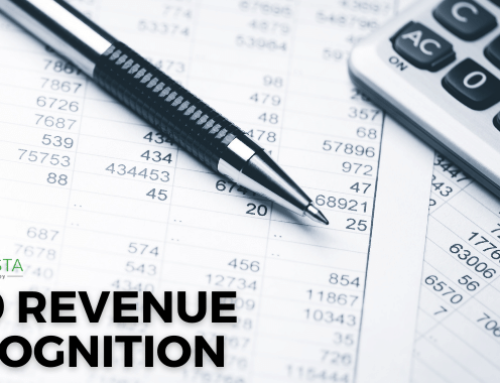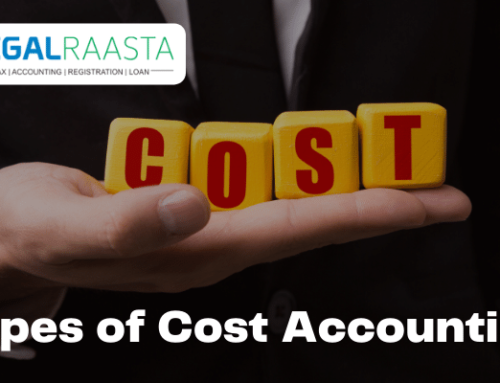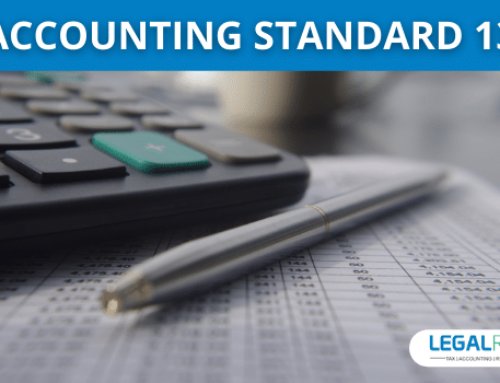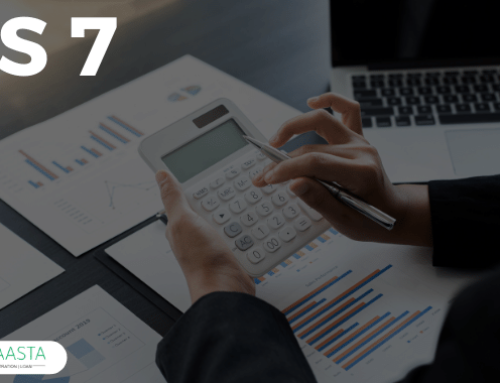Section 44AB of the Income Tax Act imbibes in itself provisions regarding the tax audit under the Income Tax Audit. A tax audit is an analysis of a taxpayer’s accounts book. The analysis is conducted to make sure that the taxpayer has accurately maintained the books of accounts and other records. Apart from this, the book of accounts should truly reflect the income earned by the taxpayer. During the tax audit, the individual who is responsible for issuing the tax suit report must verify whether the assesses have complied with different requirements such as filing of income tax return, accurate specification of claim and income tax deductions, and so on.
A tax audit can be understood as a measure that is initiated to curb fraudulent tax practices. Tax audit must be performed by a practicing chartered accountant. This article will provide an insight into Section 44AB of the Income Tax Act, which basically deals with the concept of a tax audit.
Applicability of Section 44AB of the Income Tax Act
Contents
The persons listed below are required to perform a tax audit with the help of a chartered accountant:
- Any individual who is pursuing business and whose entire turnover or gross receipts exceed a sum of 2 crore rupees in any previous year (but this provision is not applicable to the individual who opts for a presumptive taxation scheme).
- Any individual who is pursuing a profession and whose gross profits exceed RS. 50,00,000 in any previous year.
- An individual who is considered eligible for the presumptive taxation scheme, and who claims that the profits and gains for the concerned business are lower than what is calculated in accordance with the presumptive taxation scheme. That individual’s income must exceed the amount that is taxable. This provision is applicable to the taxpayers who opt for the presumptive taxation scheme other than the one who selects the scheme under Section 44AB of the Income Tax Act and whose sale or turnover is restricted to Rs. 2 crores.
Taxpayers should keep in mind that some entities such as a company or cooperative society should get their accounts audited under particular laws. Such entities do not need to undergo another tax audit under Section 44AB of the Income Tax Audit. Provided this scenario, the particular taxpayer is merely required to obtain and furnish the specific audit report, supported by a report of a chartered accountant in either Form 3CA OR 3CB. The specifics of the same must be reported in Form 3CD.
Objectives of Tax Audit
Tax audit is performed to achieve the following objectives:
- Ensure complete maintenance and correctness of book of accounts and certification of the same by a tax auditor.
- Reporting observation/ discrepancies that are noted by tax auditor after a methodical analysis of the book of accounts.
- Reporting prescribed information like tax depreciation, compliance of different provisions of income tax law, etc.
All of these enable the tax authorities to verify the accuracy of income tax returns that are filed by the taxpayer. Verification and calculation of total income, claim for deductions, etc also becomes quite easier.
Who Is Compulsorily Subjected To Tax Audit?
A taxpayer needs to have a tax audit carried out in case the sales, turnover, or gross receipts of business exceed Rs. 1 crore in a financial year. But taxpayers may be required to get their accounts audited in some other circumstances. These various circumstances can be as follows:
NOTE: The threshold limits of one crore rupees for a tax audit is proposed to be uplifted to five crore rupees with effect from AY 2020-21 (FY 2019-20) in case the taxpayer’s cash receipts are limited to 5% of the gross receipts or turnover, and in case the taxpayer’s cash payments are limited to 5% of the aggregate payments.
-
Circumstances where the taxpayer is a Businessman
- Carrying on business (not opting for presumptive taxation scheme)- Total sales, turnover or gross receipts exceeding Rs. 1 crore in the financial year.
- Doing business eligible for presumptive taxation under Section 44AD- Declares the taxable income prescribed to be under the presumptive tax scheme and has an income that exceeds the basic threshold limit.
- Doing business eligible for presumptive taxation under Section 44AE, 44BB, or 44BBB- Claims profits or gains lower than the prescribed limit under the presumptive taxation scheme.
- Doing the business and is not eligible to claim presumptive taxation under Section 44AD because of not opting out for presumptive taxation in any of the financial years that fall in the lock-in period i.e., five consecutive years since the presumptive tax scheme opted- In case the income is exceeding the maximum amount not chargeable to tax in the subsequent 5 consecutive tax years from the financial year when the presumptive taxation was not opted for.
- Doing business that is declaring profits as per presumptive taxation scheme- In case the total sales, turnover, or gross receipts are not exceeding Rs. 2 crores in the financial year, then tax audit will not apply to such businesses.
-
A Professional
- Doing a profession- Sum of gross receipts exceeding Rs. 50 lakh in the financial year.
- Doing a profession eligible for presumptive taxation under Section 44ADA.
Claims profits or gains lower than the prescribed limit under the presumptive taxation scheme.Income exceeds the maximum amount not chargeable to income tax.
-
In case of business loss
- In case of loss from doing a business and not opting for presumptive taxation- Total sales, turnover, or gross receipts exceeding Rs. 1 crore.
- In case the taxpayer’s total income is exceeding the basic threshold limit but he has incurred a loss from carrying on a business (not opting for presumptive taxation scheme)- If the loss from business when sales, turnover, or gross receipts is exceeding Rs.1 crore, the taxpayer is subjected to tax audit under 44AB.
- Doing a business (opting presumptive taxation scheme under section 44AD) and incurring a business loss but with income below basic threshold limit- Tax audit not applicable in such case.
- Doing a business (presumptive taxation scheme under Section 44AD applicable) and having a business loss but with an income that exceeds the basic threshold limit.
In cases where a person is required to get his accounts audited under any other law for instance statutory audit of companies under company law provisions. In cases like these, the taxpayer is not required to get his accounts audited under such other law before the due date of filing the return. The taxpayer may furnish this prescribed audit report under the Income-tax law.
What Constitutes Audit Report?
The tax auditor shall furnish his report in a prescribed form which could be either Form 3CB or Form 3CA where:
- Form No. 3CA is furnished when an individual pursuing a business or profession is already mandated to egt his accounts audited under any other law.
- Form No. 3CB is furnished in case an individual pursuing a business or profession is not required to get his accounts audited under any other law.
In either case of the aforementioned audit reports, the tax auditor must furnish the prescribed specifics in Form No. 3CD, which forms part of the audit report.
Due date for tax audit
It is compulsory to audit the accounts. The audit report should then be submitted on or before 30th September of the particular financial year.
Penalty under section 44AB
In case a person does not get their accounts audited will be imposed with a penalty of:
- A total sum of Rs. 1,50,000
- 5% of the total receipts or 0.5% of the total sales of a particular financial year.
We provide all kinds of legal services like “Income tax return filing plans for NRIs & foreign nationals, Easy ITR filing for Professionals, Freelancers and Businessman” and many more. So, contact the expert team of “LegalRaasta”, for a completely smooth and hassle free process.
Related Links
Income Tax Return Filings rise by 26% for FY 2017-18
We provide all kinds of legal services like Trademark Registration, Company Registration, FSSAI License, and many more. So, contact the expert team of “LegalRaasta”, for a completely smooth and hassle-free process.

